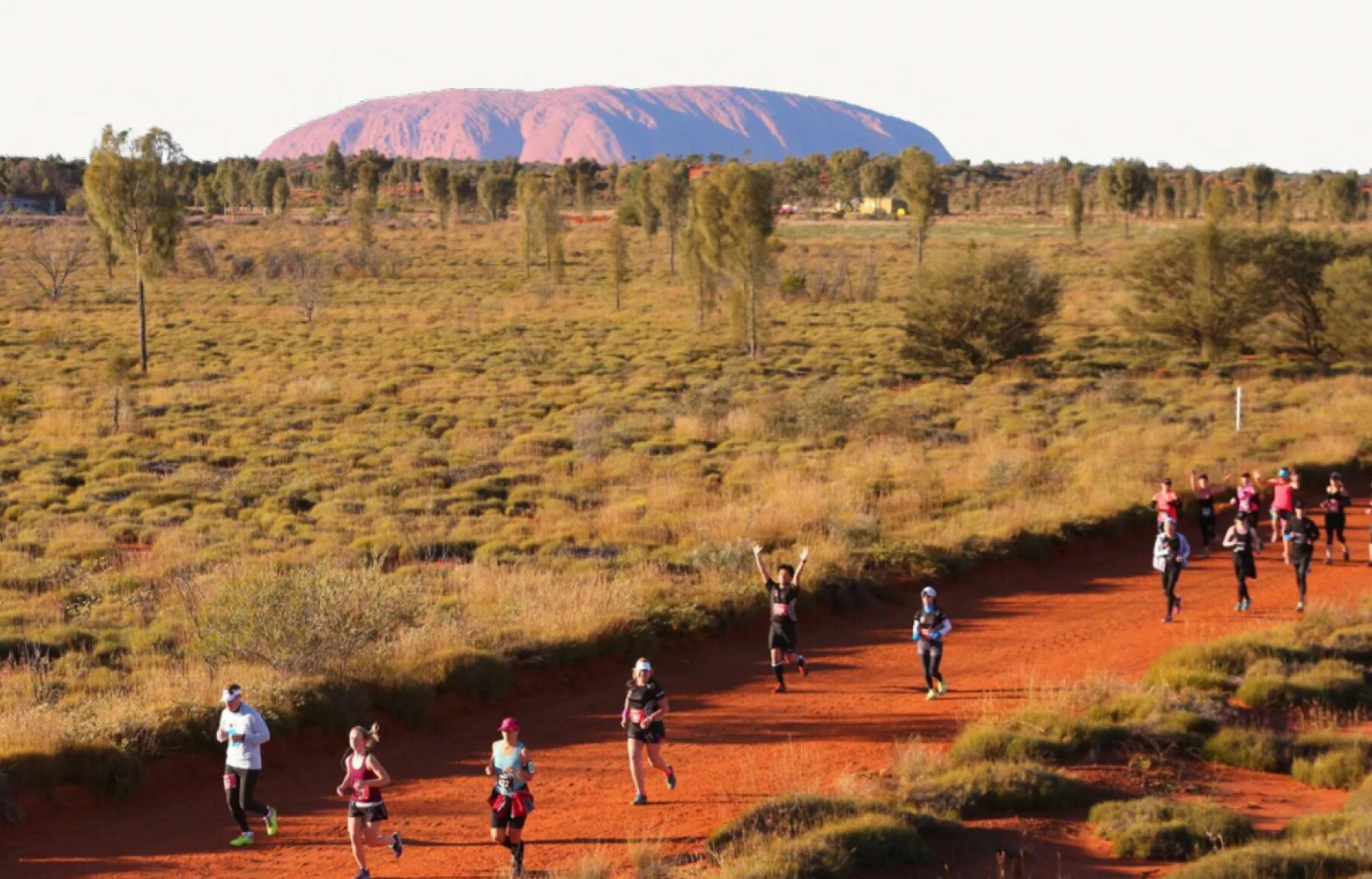Sports, Climate Change and Legal Liability
Australia is a land of extremes, and climate change is pushing those extremes even further. A long-term warming trend from the burning of coal, oil and gas and ongoing deforestation is supercharging extreme weather events in Australia.
Australia’s climate has warmed by more than 1°C since 1910 . Every year since 2013 has been amongst the hottest years on record for Australia.
All extreme weather events are now occurring in an atmosphere that is warmer and wetter than it was in the 1950s3 . Generally, this means more intense extreme weather events and more devastation.
Climate change is making many types of extreme weather worse, especially heatwaves. Heatwaves are lasting longer, reaching higher maximum temperatures and are occurring more frequently over many regions of Australia.
Like every part of the Australian economy, climate change will dramatically affect the future of sport in Australia. These impacts are already being felt with smoke, extreme heat , drought, and flooding impacting both the professional and grassroots levels of sport across the country.
We’ve seen this unfold at the Australian Open with athletes retiring from play due to extreme heat and bushfire smoke. The ACT Brumbies and Canberra Raiders had to relocate their 2020 pre-seasons as Canberra had the worst air-quality in the world. In cricket we’ve seen numerous examples - the most publicised, perhaps, Joe Root’s collapse in 2018 due to heat stress and the cancellation of a Big-Bash League game mid-play. Drought has also had devastating impacts, in 2007 alone, three-quarters of metro and rural AFL leagues in Victoria had delayed or shortened seasons due to ground closures.
While we see these impacts unfold before our eyes, the effects of COVID-19, resource scarcity and a legacy of broader government inaction or inertia have meant most Australian sporting bodies have not yet integrated climate risk and climate action into their business plans.
This report from the Environmental Defenders Office (EDO) makes a compelling, and at times alarming, case for sports to seriously and comprehensively grapple with the risks climate presents to their future.
We know athletes want this - from the almost 500 athletes across more than 40 sports who signed The Cool Down, an open letter calling on the government to lift our climate ambition, to the rise of athlete-led climate groups like Footy for Climate and Cricket for Climate, as well as the overwhelming support for climate action at the Professional Footballers Association.

